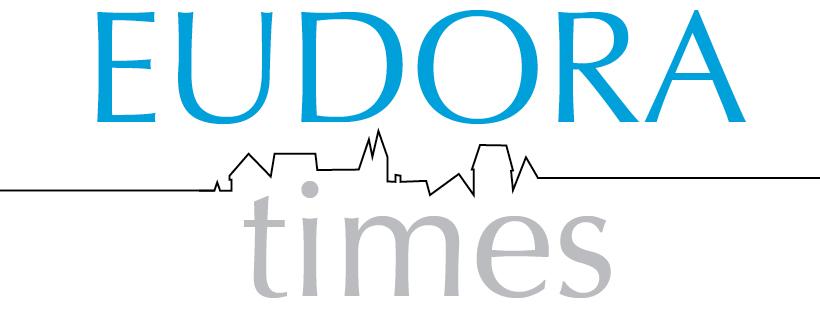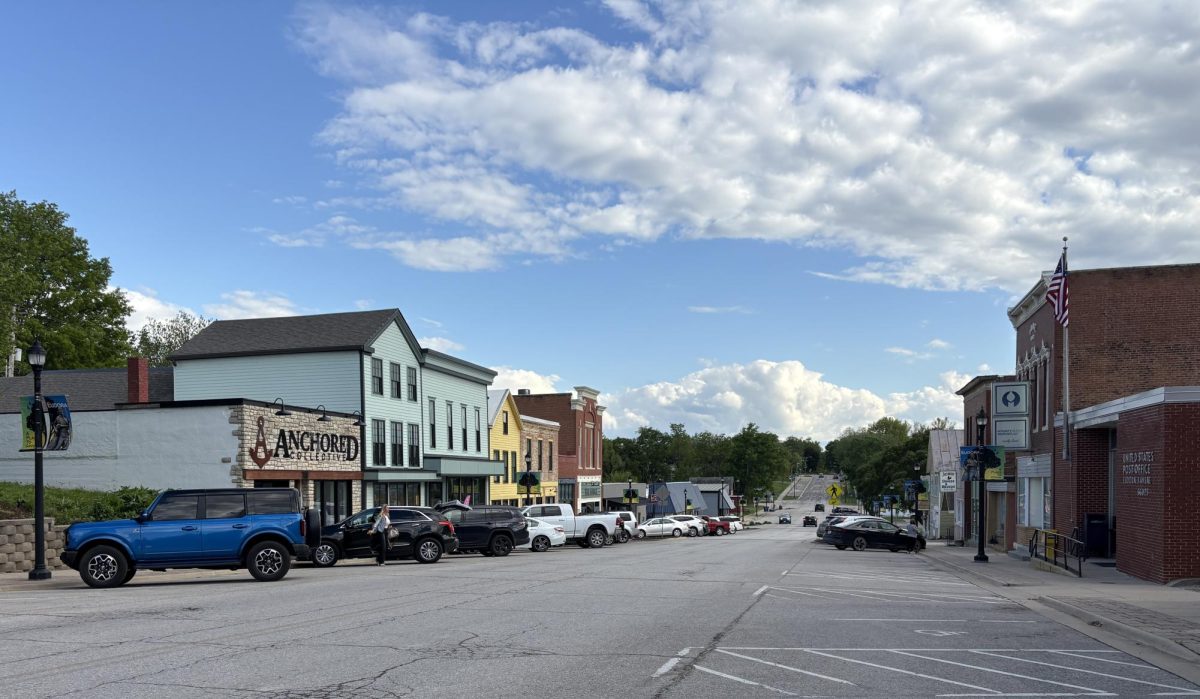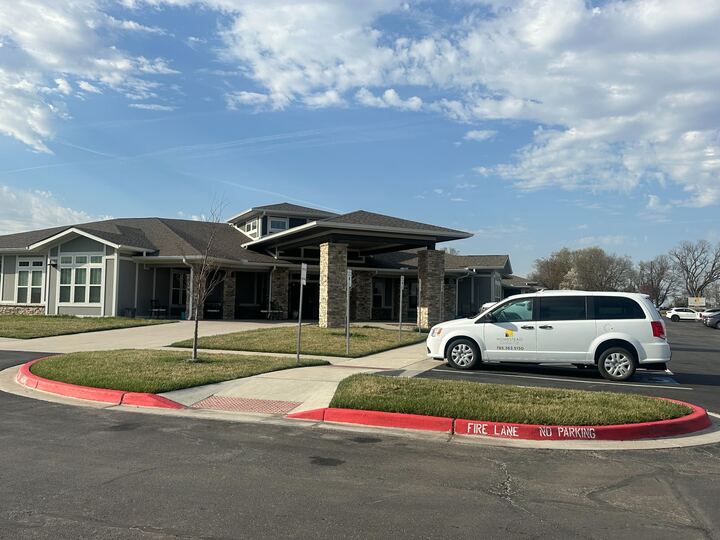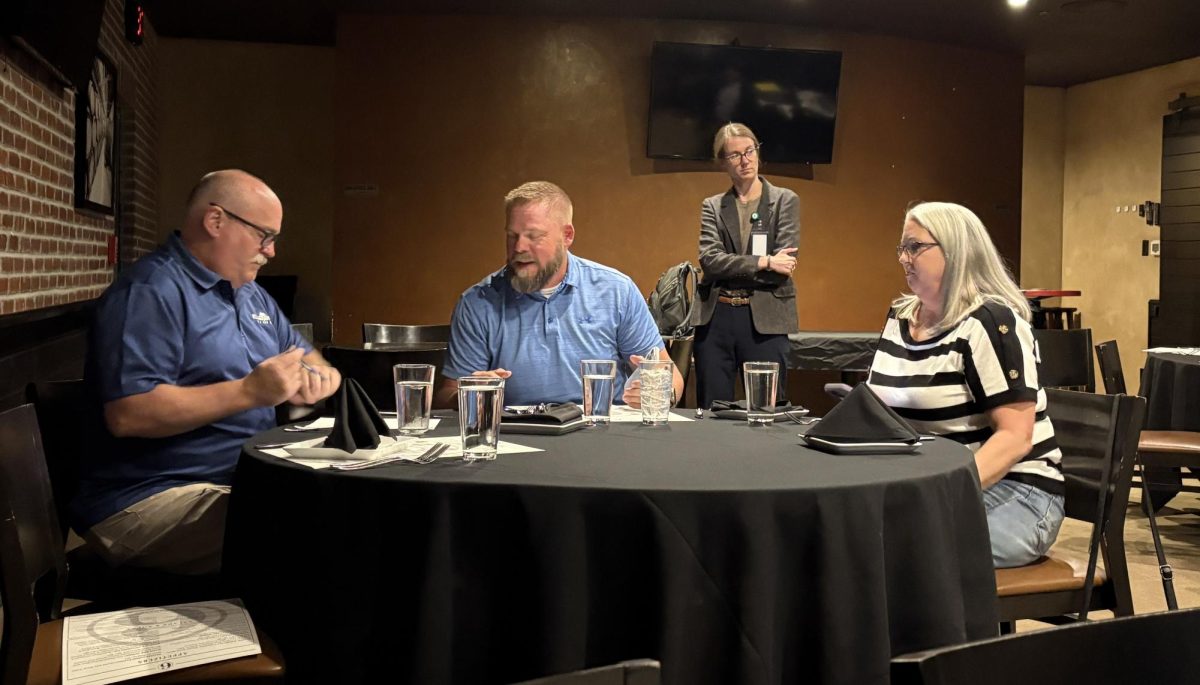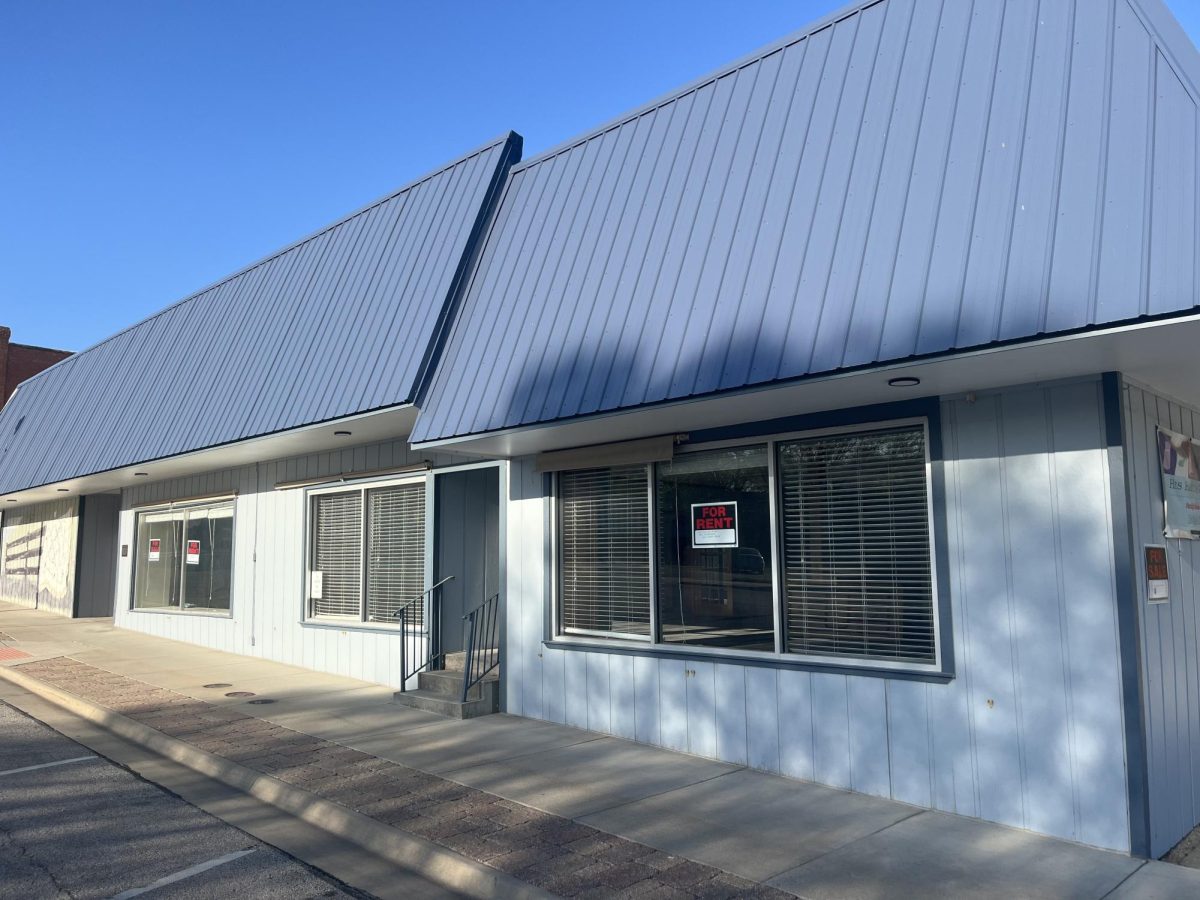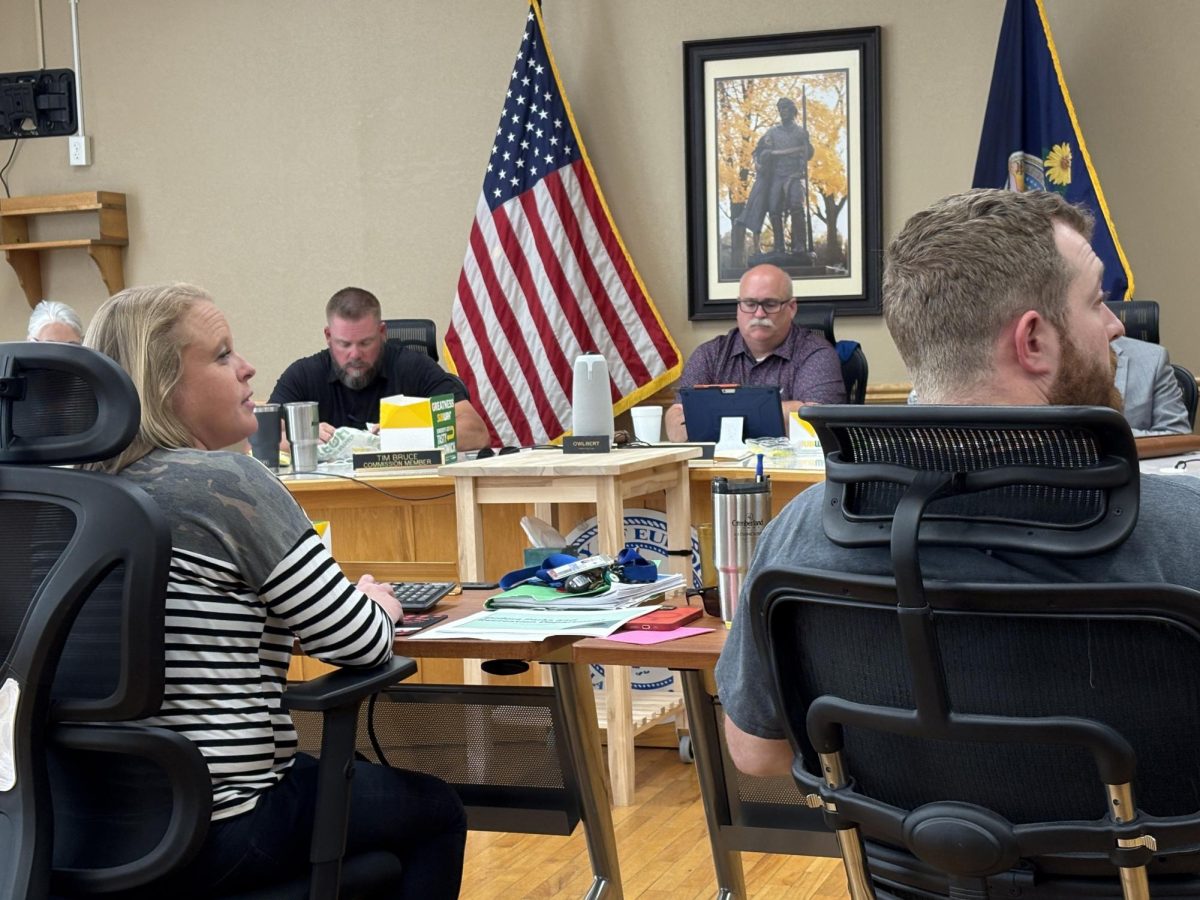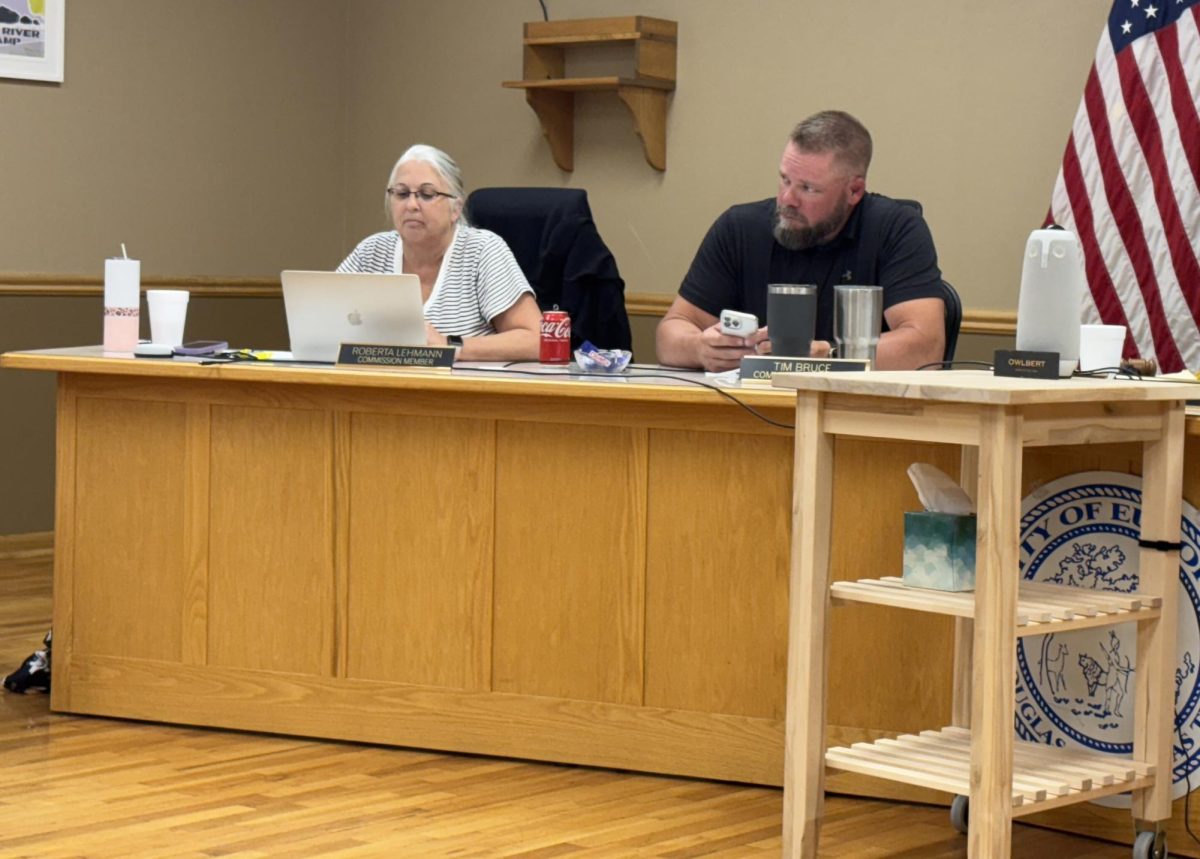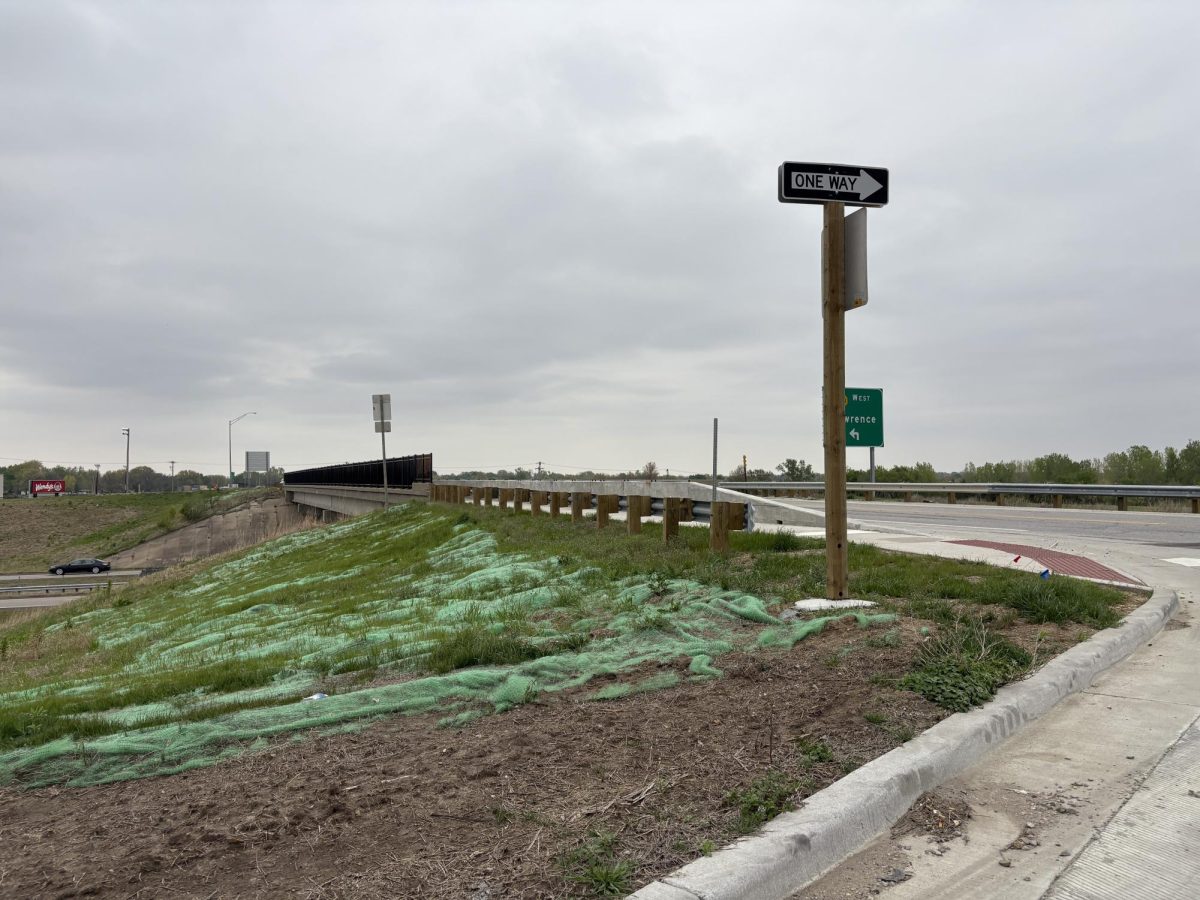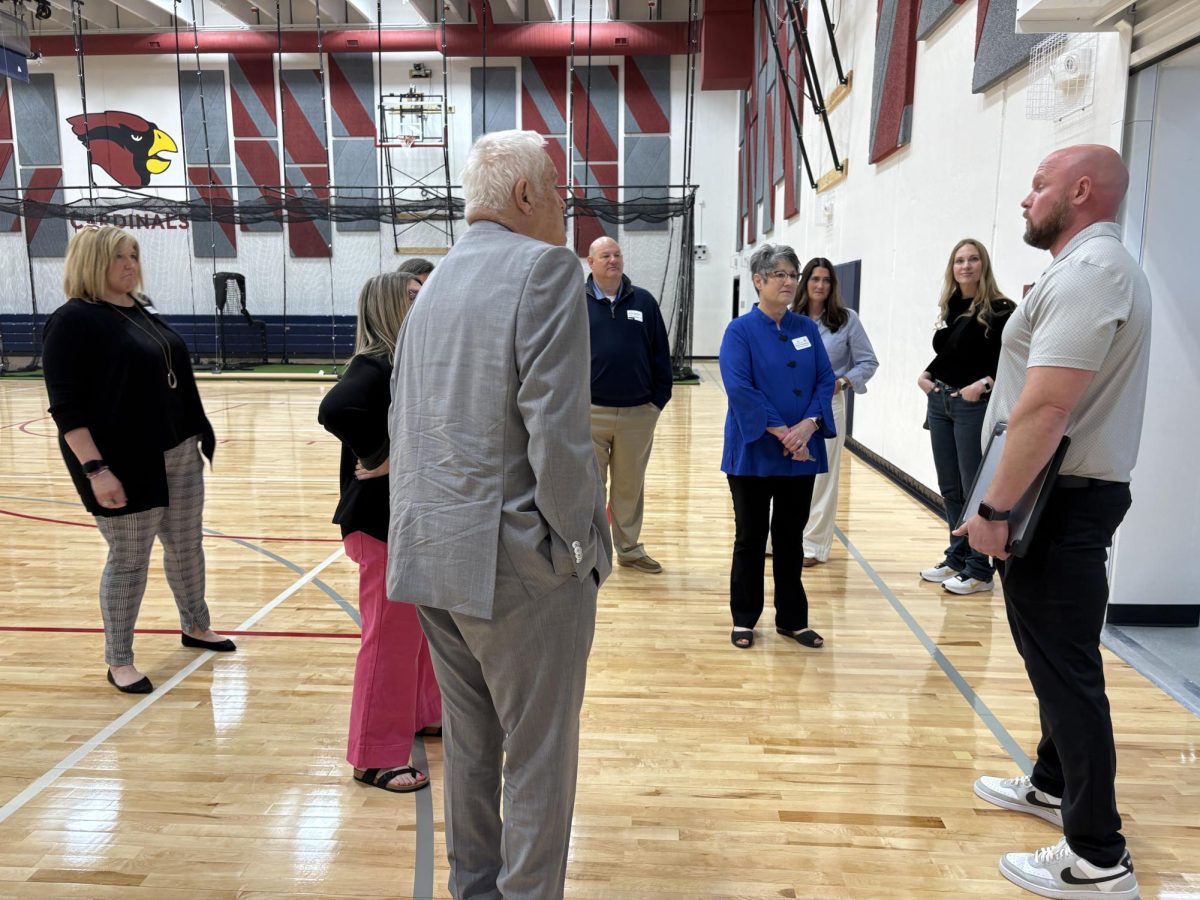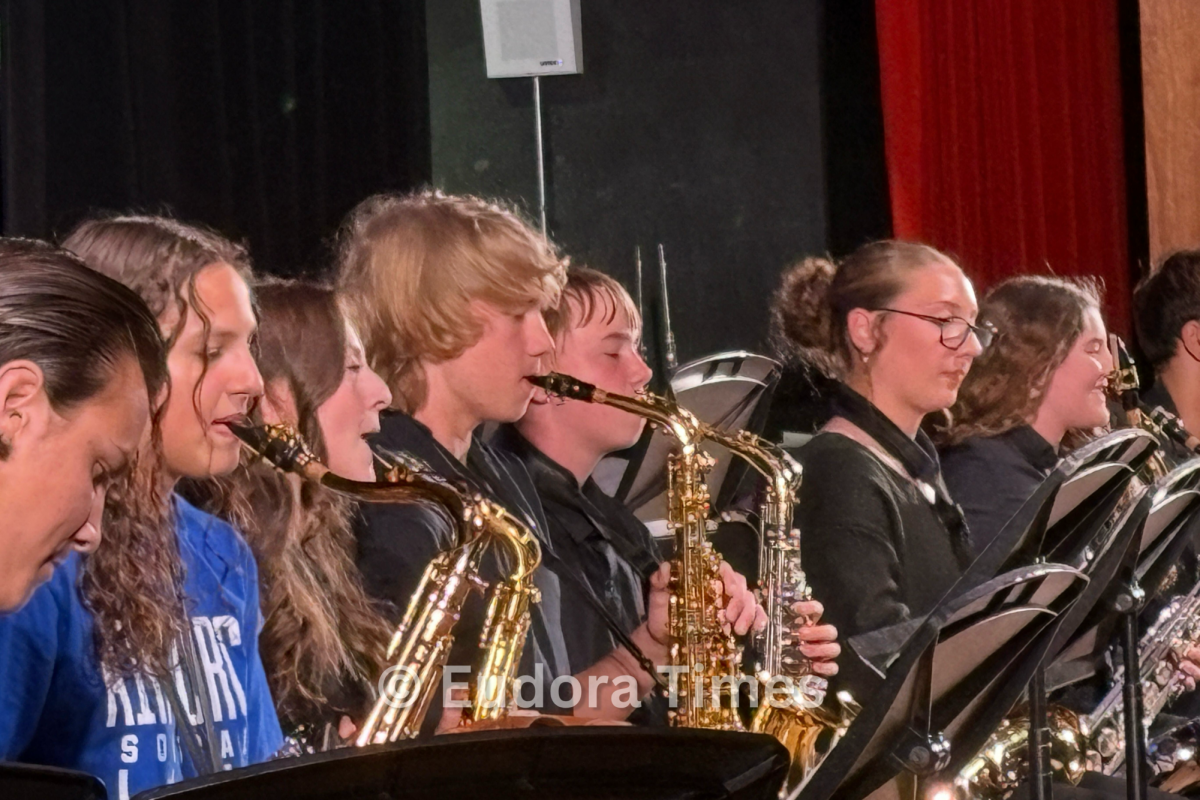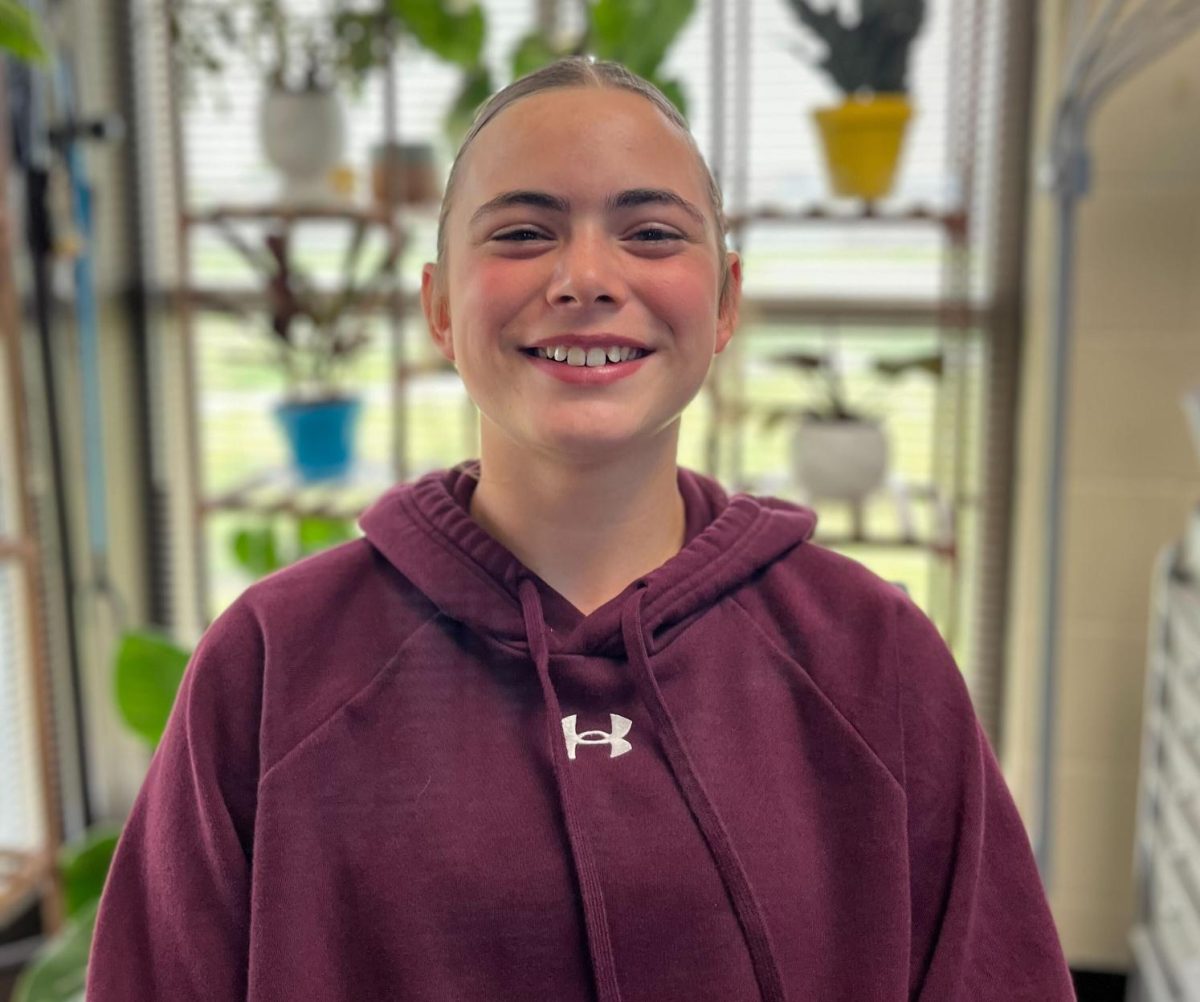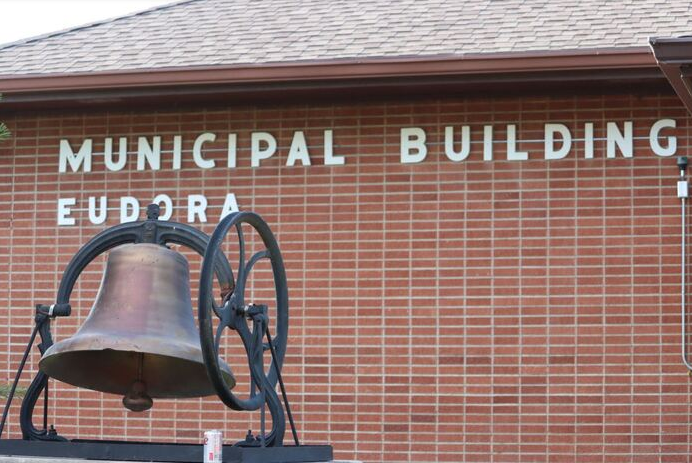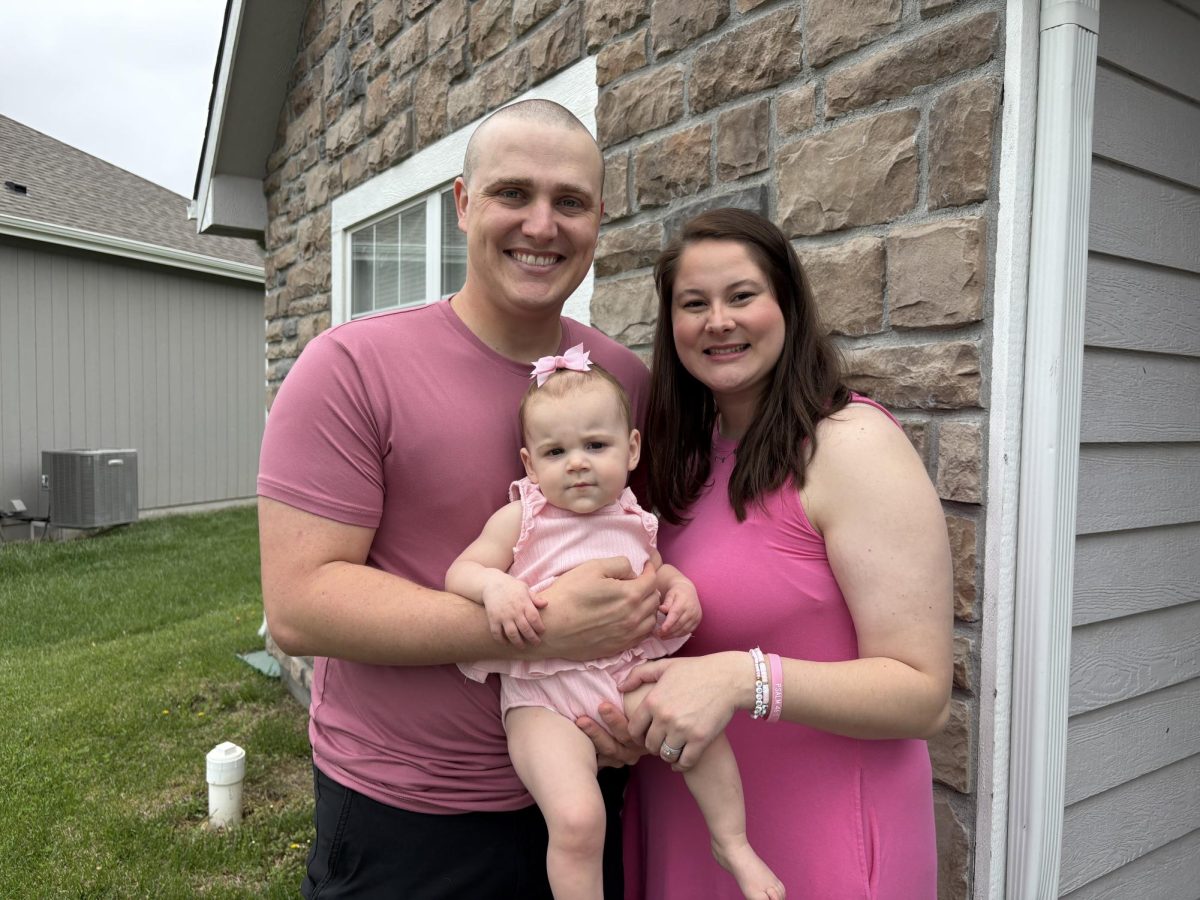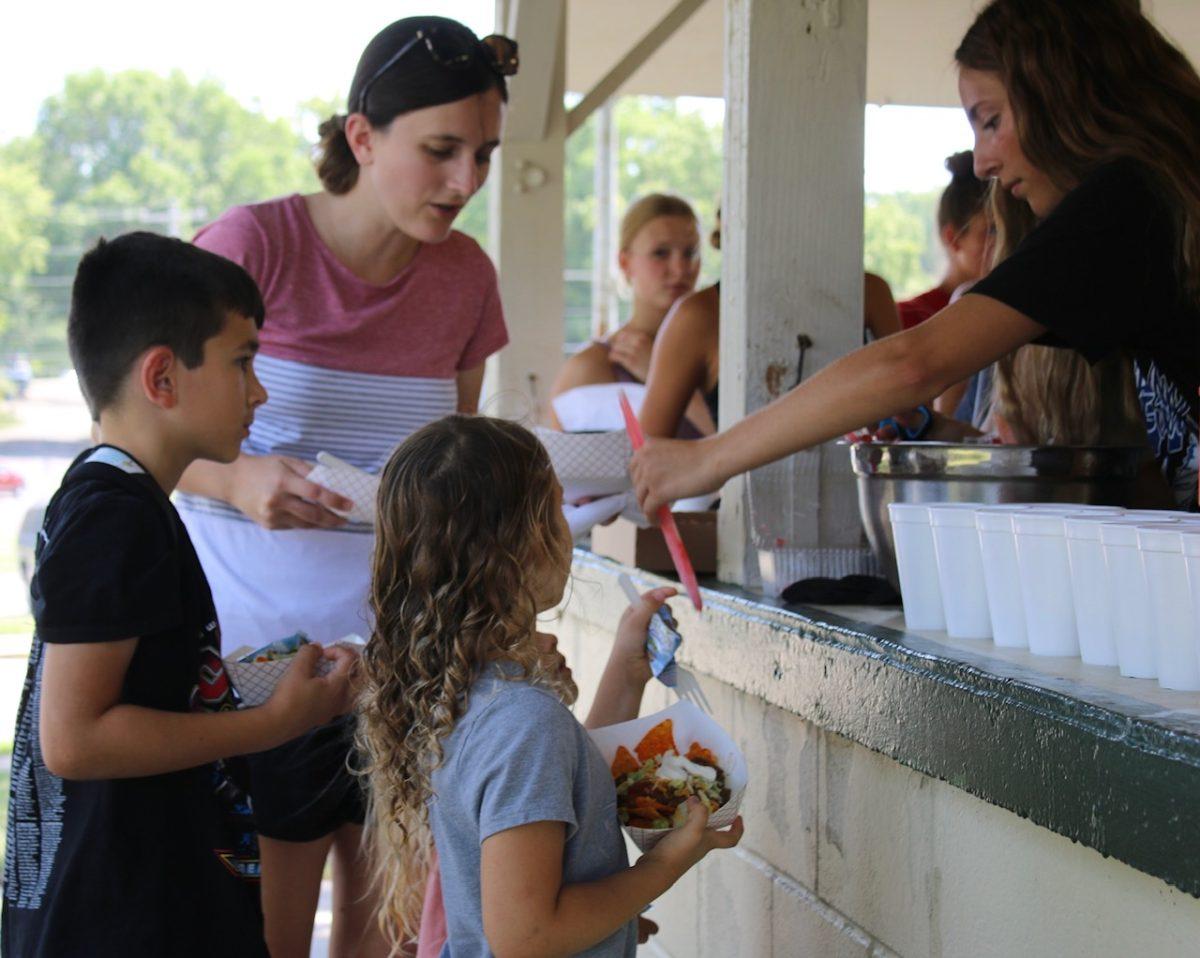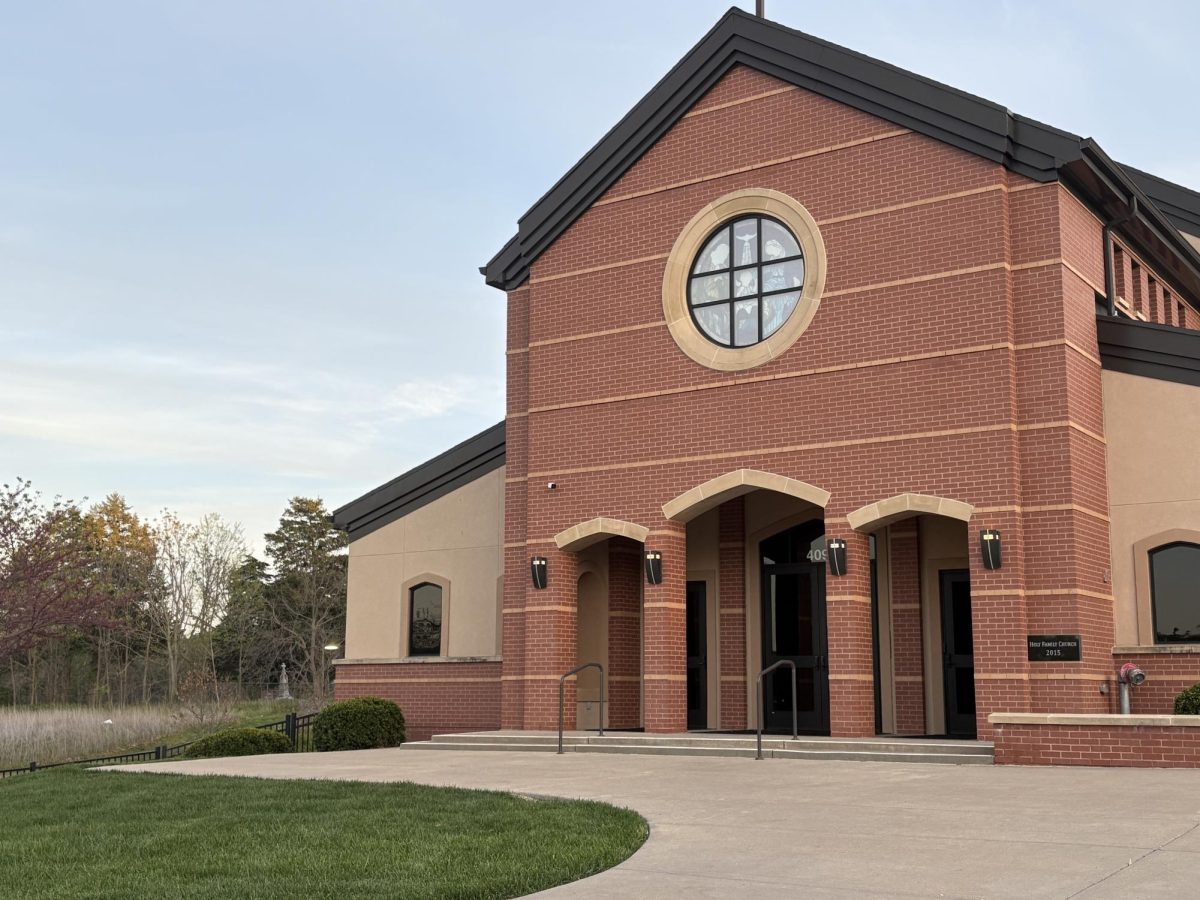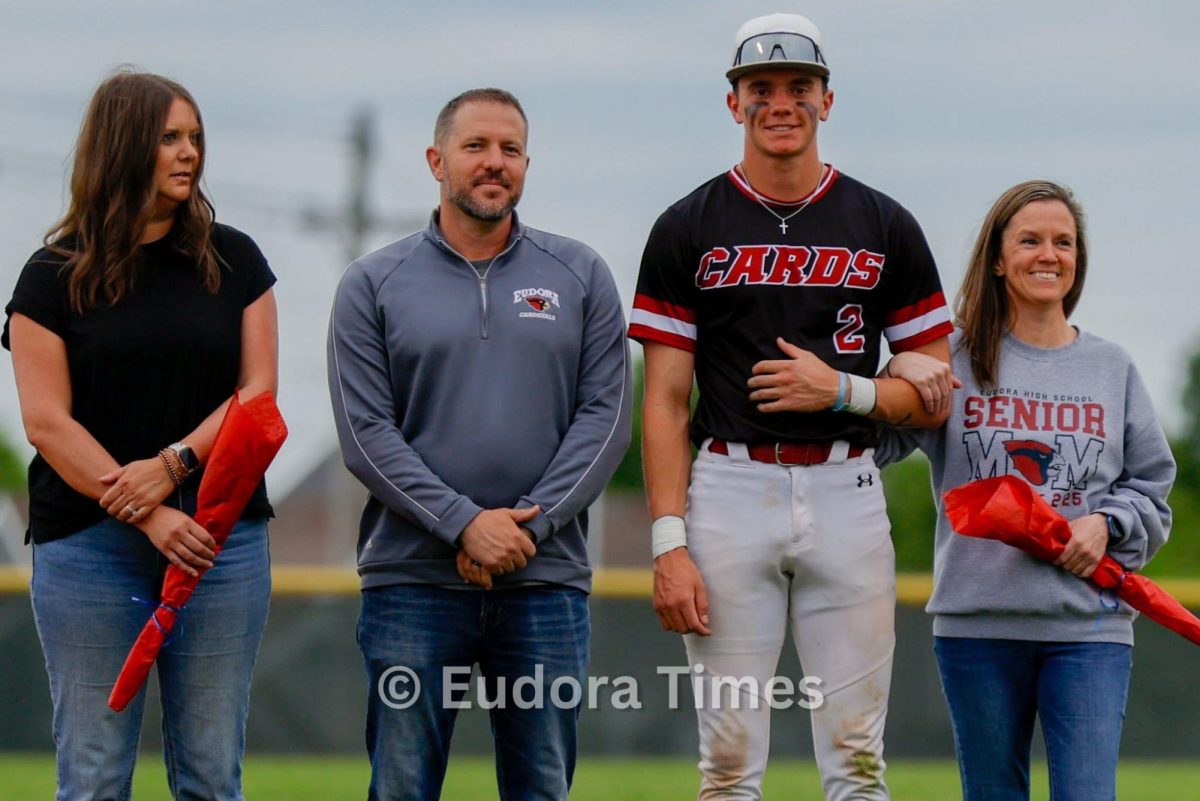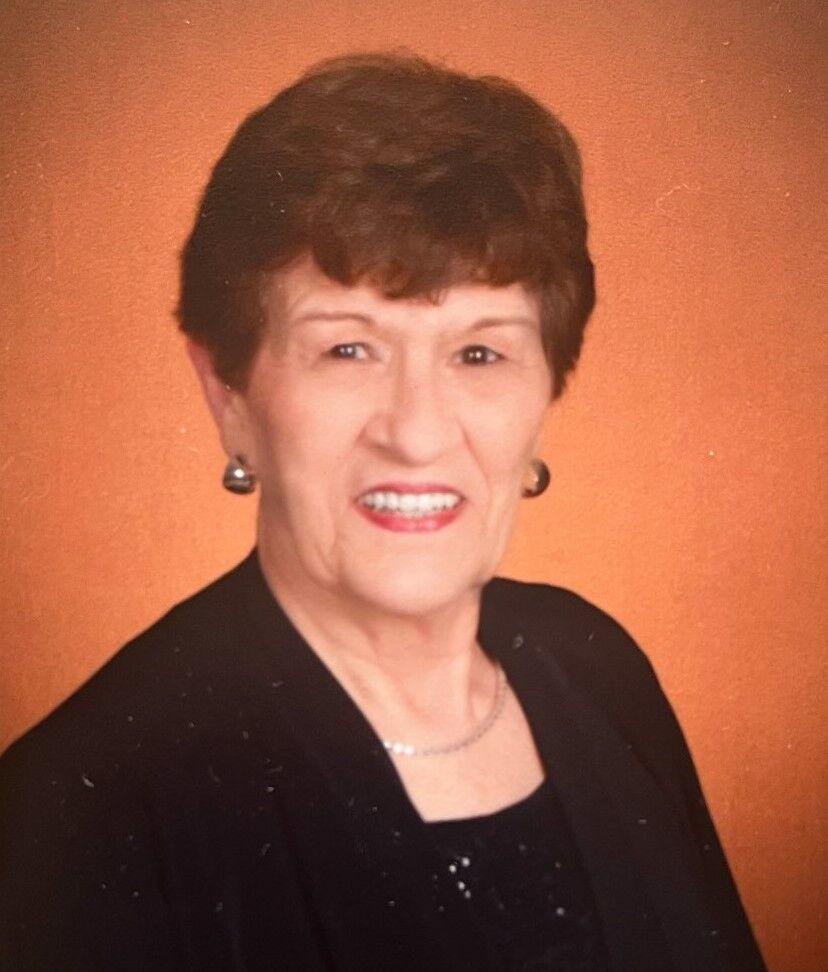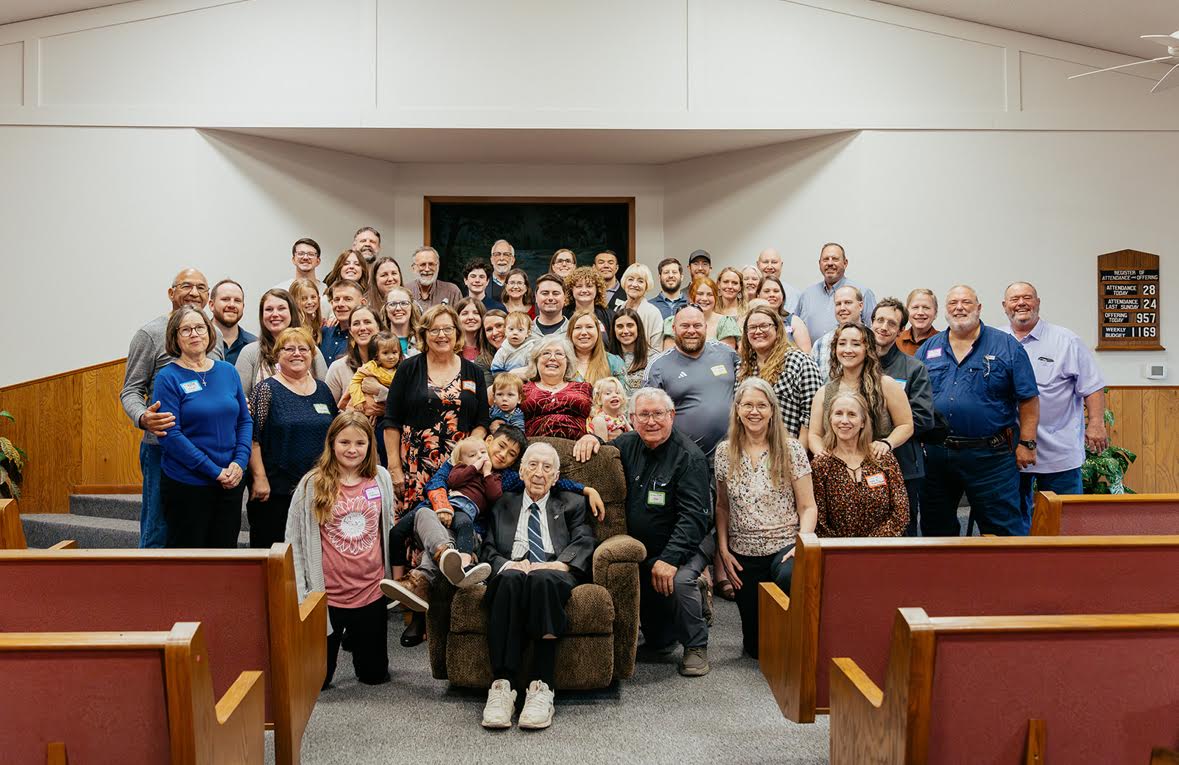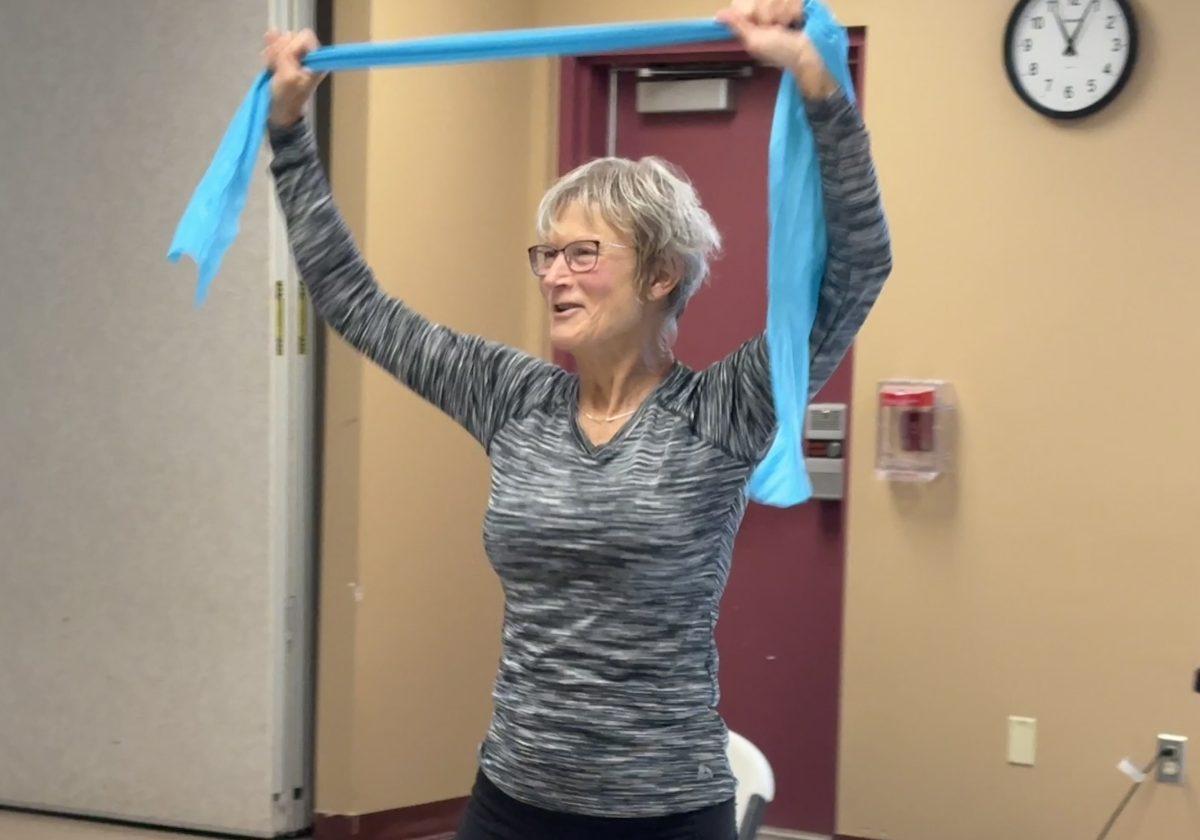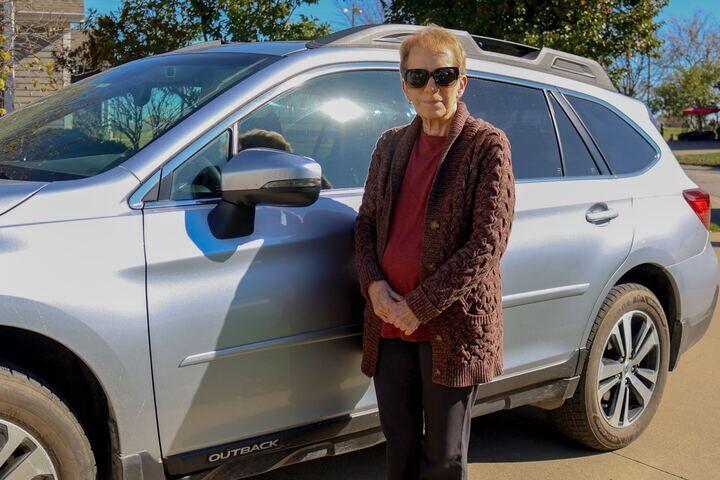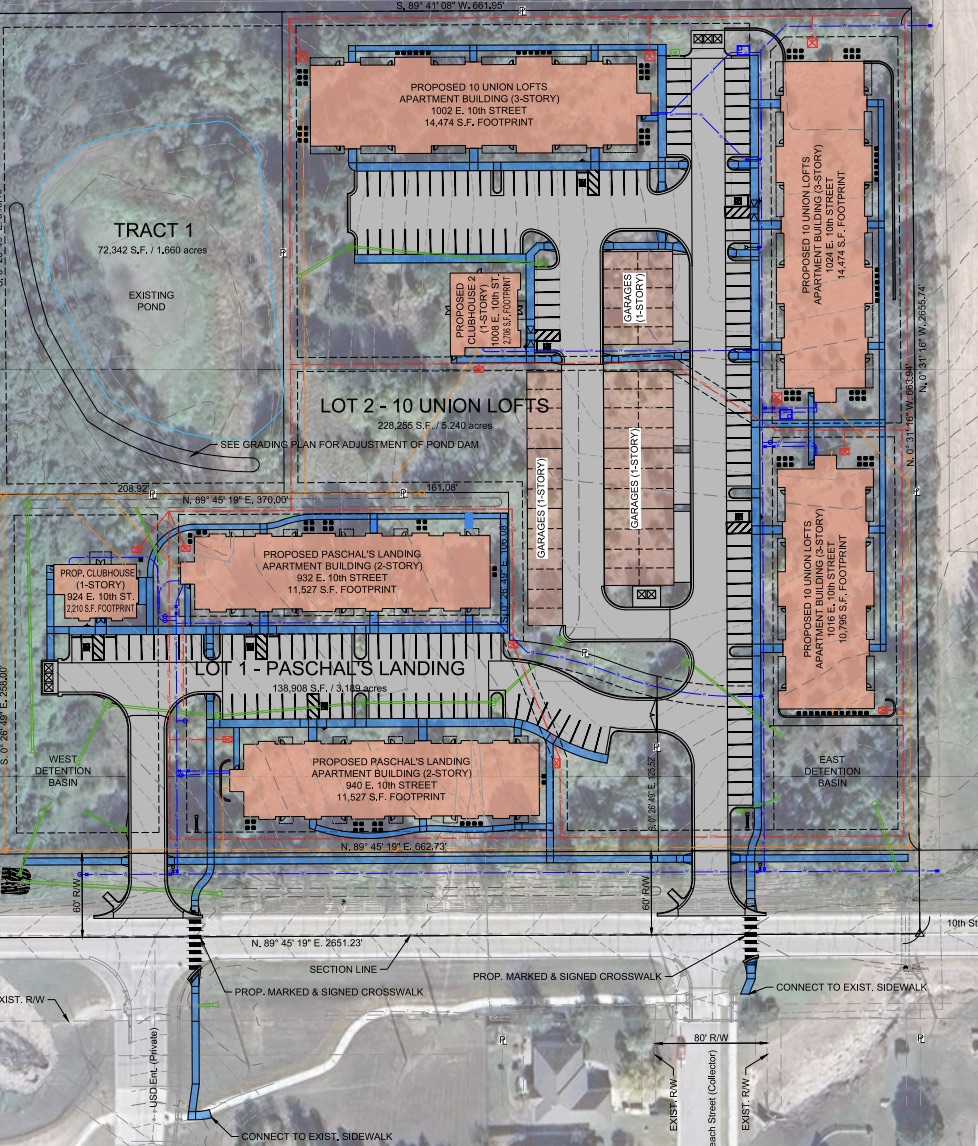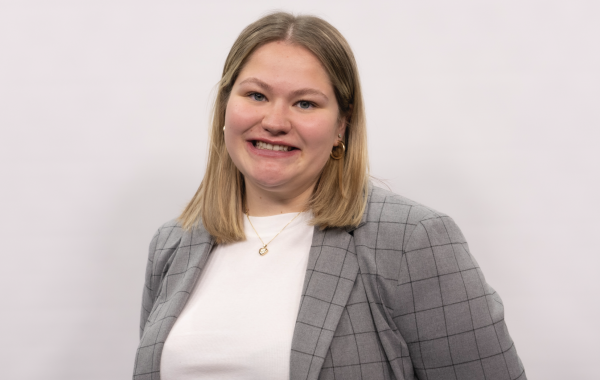With three hours of public notice, the City Commission met Monday night in Lawrence to hear about another city’s experience with STAR bonds and then spent 60 minutes in closed sessions.
During the meeting at Six Mile Chophouse, the commission spent 30 minutes in an executive session related to trade secrets. It then met in executive session for another 30 minutes related to land acquisition.
Mayor Tim Reazin said Tuesday that the question as to why the meeting was in Lawrence was something he was working to address with city staff, but said the idea for a meeting to get an update on the STAR bond process was discussed at the last commission meeting. The idea was to meet somewhere with a private meeting room and food when everyone in the commission/staff was available, he said.
He said he was not sure why the meeting was not posted about last week as discussion about where the meeting would be has been ongoing. He said last week he was presented with two places available and understood that the Six Mile Chophouse would be cheapest for a private room.
Reazin said he would be asking at the next meeting to discuss the process and if it is not a larger retreat that the commission meets at City Hall. He said he understands the optics and said it will not happen again in the future unless there is a breakdown in communication as it has not happened in the past, either.
Earlier in the meeting Monday night, commissioners heard from Kathy Sexton, a retired city manager in Derby, who talked to the commission about that city’s pursuit of a STAR bond district. Derby started conversations in 2014, and the third phase is set to continue until 2027. Derby has a population of around 26,000 and is a Wichita suburb.
Sexton said these projects take a lot of time, communication and resources from the city.
“Whatever you’ve done so far, in terms of the several years of lead up, however much money you’ve spent and time you spent, it’s a drop in the bucket compared to what you have in front of you to pursue STAR bonds,” she said.
She said the first phase of bonds happened in 2017, with the first attraction opening in 2018. In 2020, another phase of bonds was issued, and have since been paid off. Now they’re on the third phase of the project.
The first attraction they opened was Field Station: Dinosaurs, an outdoor theme park with life-size dinosaurs, live shows, fossil digs and mini golf. The second phase of bonds supported Sandbox, an entertainment complex with outdoor sand volleyball courts, pickleball, and other yard games and restaurants.
It’s important to manage expectations within the community and also make sure city employees are educated and able to help with rumor control, Sexton said.
On top of the work on the actual district, the city also has to continue to provide infrastructure services like water, sewer, police, fire, codes enforcement, building inspection, street and park maintenance, she said. It will have to plan accordingly for increased needs in these areas, she said.
“Certainly taking care of the traditional infrastructure for the city, but also realizing the impact this kind of development is going to have on your infrastructure and providing for that, it’s going to be hard. I’ll talk to the commissioners for a minute and say you might have to vote to, you know, increase water rates or sewer rates or various things to pay for some of the infrastructure needs,” she said.
Having an event venue means needing more weekend staff rather than just Monday through Friday city employees, so it may also mean hiring more city workers, she said.
Sexton said once they started the process, it became her main responsibility on any given day, and it’s not something they teach you in school. It takes learning as you go, she said.
She said the city will need more attorneys involved in the process than ever imagined, including city attorney, bond counsel and those with real estate and contract knowledge.
Reinforcing to the community that while these ideas are going to be discussed at public meetings, it could be years until they actually see an attraction, is also a main priority, she said.
“So even though you might have an event facility and a great spot on a great highway with a lot of traffic going through, a lot of retailers still do their algorithms and their thoughts about where they’re going to move to next based on how many people live here within a certain driving time away, and certainly the median household income of your community,” she said.
Sexton said while it looks like Eudora is pretty strong on that, they may need to continue to look into housing initiatives.
Commissioner Alex Curnes asked if the 14 years of work has constituted enough economic impact for the city to see the project as worth it.
Sexton said she thinks it has been, though it may not be obvious to residents in town. She said Derby was able to pay its first phase of bonds in just a few years, while most projects can take up to 20 years. She said their district already had some retailers on it, which helped with the quicker pay-off time. The second phase of bonds is also paid off.
The third phase of the projects includes a BMX pump track, a water adventure complex with an outdoor lagoon, beach, hotel, glamping and more, she said.
Curnes also asked what specifically about a STAR bond –rather than other mechanisms like a TIF district – drew the city to it.
Sexton said that Derby is unique in that it has a pretty high household income compared to some of the other towns in the state, and they also had a strong rate of new housing construction – somewhere between 50 and 150 homes per year for some decades, she said.
They also already had a strong community, good housing and good schools and wanted to go into the next step with more entertainment. What drew the city to STAR bonds is that they aren’t eligible for a lot of other state benefits, grant programs and other economic development programs.
The STAR bonds also helped to pay for arterials and streets, water lines and other infrastructure improvements that maybe could price out some businesses, she said.
Reazin said while the city understood that more commercial business was reliant on rooftops, the challenge was finding anchor businesses for the district.
He said many businesses have plans for new locations five to 10 years in the future, so they have to find ones that are open to squeezing in Eudora. There is benefit to being able to be in Lawrence and Johnson County within 20 minutes, but it’s also a downfall when residents can travel short distances to find other amenities, he said.
Diversifying taxes is the priority so they aren’t taxing homeowners to death, he said.
Sexton said Derby learned that the more unique and the more local the attractions or businesses are, the better. While you want to attract a chain, it also is harder, so having to consider start-ups and smaller companies is another option, she said.
Although it can seem risky to consider entrepreneurs or start-up companies, it can help get the project moving, especially if you can find multiple of these smaller businesses, she said.
With the delay of the city’s federal grant funding, Eudora needs to work with the township and county to push for a different access road to make development near the proposed STAR bond area possible, Reazin said.
Overall, Sexton said managing expectations and reinforcing the long timeline on a project like this is important, she said.
After the presentation, Curnes said Tuesday he appreciated hearing the perspective of a city that had gone through this process, especially one closer to Eudora’s size than Wyandotte County.
He appreciated hearing that it was worth it in the end but that it would take a lot of time to get there, he said.
“It’s good for us to be reminded that this is not an overnight process, that this is something that can and should take a while to make sure that we get it right,” Curnes said.
He said in Derby’s situation, they had businesses already existing in the location used for the STAR bond district. He said he wasn’t particularly surprised by the 14-year timeline.
Curnes referenced the 60% of money leaving the community as noted in a recent article by the Times, and said anything Eudora can do to draw money and tax dollars back furthers the community’s goal with staffing, infrastructure, parks and public safety.
Reazin said Tuesday that he appreciated hearing factual insight from Sexton and said the commission and city staff have been prepared for a longer timeline.
Reazin had said at the meeting that Lenexa City Center took 20 years to accomplish, but has become a well-used, beautiful space.
He said with the location of Eudora and its proximity to the metro and Lawrence, it presents a different set of circumstances. He expects eventually to have development across the entire K-10 corridor, but said he hopes to keep Eudora’s development mostly along the highway in order to keep the city’s roots.
While Eudora has traditionally been a bedroom community, there is a need to diversify the tax base and the STAR bond district seems like the best way to make that happen, he said.
Big box stores don’t just decide to move to a city and rather plan out years in advance, so the commission needs to be proactive in trying to get businesses involved, he said.
As Sexton noted, the STAR bond district occupied most of her time while city manager, so it may be necessary for the city to hire someone dedicated to economic development, he said.
Aging infrastructure in town is front of mind as well, Reazin said. The city has to decide if it wants to put that burden on more than just residents and instead rely on the taxes generated from tourists, he said.
Reazin said there are things that make Eudora a unique destination – for example, its allowance of fireworks. People are drawn to town for the Fourth of July, he said.
Reazin said the Derby presentation made him realize there are attractions that the city could use to its advantage.
At this point, the city has to either figure out how to fund a road to make the proposed district accessible since the RAISE grant is on hold, or decide to not pursue the project at this time, he said.
Reazin said discussions are needed about how to make that an access point to the district and said if they decide to not move forward with the project that the community is okay with the current tax rates and the fact they influence the extent of repairs possible in town. Reazin said he is more in favor of diversifying the base and pursuing the project that would make that possible.
